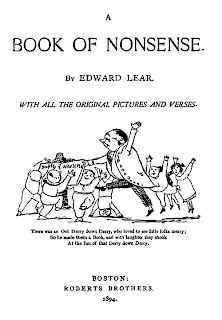 |
| Public domain image |
Notable exceptions are biographies, microhistories, neat surveys, and the like. But to think that large numbers of history professors would assign a theoretically sophisticated, overly academic book like Dror Wahrman's excellent The Making of the Modern Self (published by YUP & winner of multiple prestigious awards) in their undergraduate courses is a bit of a stretch.
However, on MUP's score sheet queries along the lines of "Does the proposed MS in question make a significant contribution to the existing historiography?" are absent. Marketing considerations, particularly those related to textbook course assignments, dominate. In addition to questions one would expect to see about the quality of the proposal itself, MS reviewers are asked to provide the following information:
Q. List the last four courses that you taught.
Q. What books did you assign for each course?
Q. Were these books effective? Why or why not? Will you assign them again?
Q. Would you assign the proposed book in one of your courses?
Q. Between 1-10, rate the book proposal on how likely you are to assign the finished book.
Q. What changes would you propose to better suit the proposed book for courses?
Q. What are the competing titles that instructors would assign in class? How does this book compare to these titles?
Q. Would you recommend this book to fellow course instructors?
And so on.
The larger point is: never assume that an academic or commercial press will pick up your 1st book on merit alone. The textbook market plays a critical role. Without a market in which to place and sell your book, the press has little reason to publish it, even if it is amazingly brilliant.




1 comment:
Nice bit of info for those thinking and hoping to publish. It makes sense to me not just for the marketing racket that is publishing, but as well as for trying to understand what "brilliant" really means. I had a prof in grad school who was "brilliant" but could not work with students because s/he could not talk to students (or other faculty for that matter) in an engaging (or even civil) way). So doesn't "brilliant" have to include "readable and engaging to a wide variety of folks?" Every day I read this quote appended to my e-mail ~ "Since history has no properly scientific value, its only purpose is educative. And if historians neglect to educate the public, if they fail to interest it intelligently in the past, then all their historical learning is valueless except in so far as it educates themselves." -- G. M. Trevelyan
Post a Comment